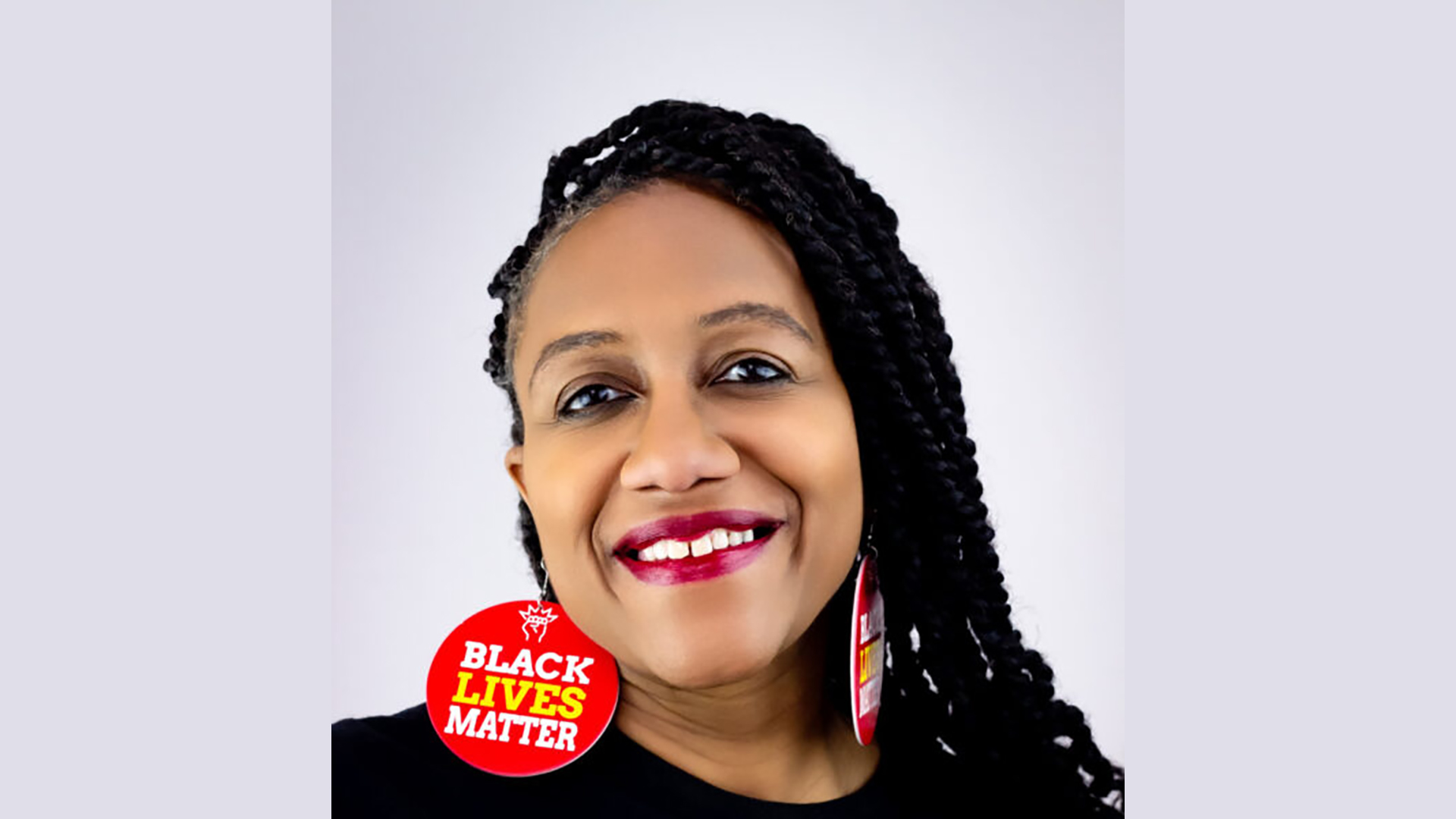With the presidential election ending, I wanted to once again address the topic of voting. I’m sure you’ve heard the comments: “the election is over, now what?” or “I feel so defeated,” etc. I want to emphasize that all these responses are valid. We should let people feel what they feel; that’s how people learn and unlearn things. You can’t learn what you haven’t felt. That said, what comes after you feel?
For me, it begins with taking a breath, then mobilizing, organizing, and yes, resting. Additionally, pausing to assess how White supremacy may have affected our decision-making is important. In my previous columns, I have highlighted this and other pitfalls of White supremacy that Black people fall into. This is especially true during election season, as electoral politics has become particularly triggering for the Black community. From fearmongering to the misuse of our ancestors through voter shaming, Black people internalize this, leading to urgency, a focus on quantity over quality, and either/or thinking—all principles of White supremacy.
During this election cycle, moving in urgency left little room to ask who was not at the table. National organizations rushed without including local organizers on the ground. In addition, organizers had little time to analyze candidates’ campaign platforms or perform value setting. This is one reason why it became acceptable for some to ignore ongoing genocides in Haiti, Congo, and Palestine!

People were also romanticized by identity and representation politics, with commercialized messaging and the overuse of celebrity influences that, at times, came across as pandering. Contrary to some beliefs, people can see through this. There also needs to be a time when we ask ourselves what we are feeding our people and what we are allowing into our Black spaces. Some of us give way too many invites to the cookout!
Additionally, voter engagement efforts in the Black community became heavily focused on quantity and not quality. Instead of focusing on raising consciousness, we concentrated on how many people showed up to meet grant goals.
Other principles that tie into this are either/or thinking and resisting rest. Specifically, the concept that you can only support a candidate from one of the major parties. Other candidates were running from third parties, such as Dr. Cornel West and Dr. Melina Abdullah. I’m sure many people didn’t know that or believed that we only had two options. This thinking leaves little room for collective consciousness-raising.
Moreover, you can’t successfully analyze, see a way forward, or imagine a new world if you’re not well-rested. When you rest, your body and mind rejuvenate. These are all things our ancestors taught us, as breath is a fundamental principle of African spirituality. However, you can’t reach that if your mind isn’t rested. This also allows you to be open to truly unlearning White supremacy.
To avoid falling into these pitfalls, community organizing, consciousness-raising, collective study, political education, and community engagement should be done consistently. It’s hard to sustain a movement solely through community-building during election seasons.
Now that the election is over, we must remain committed and dedicated to the mission of Black liberation. We must mobilize and organize for our communities, regardless of who is in office. The work doesn’t stop with a vote, and real change comes from the PEOPLE!

